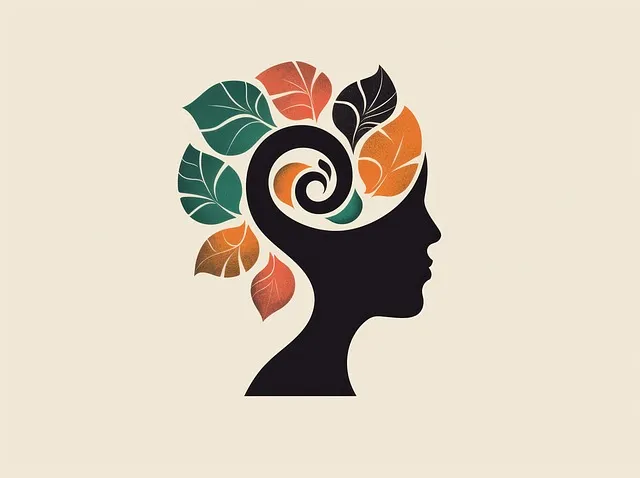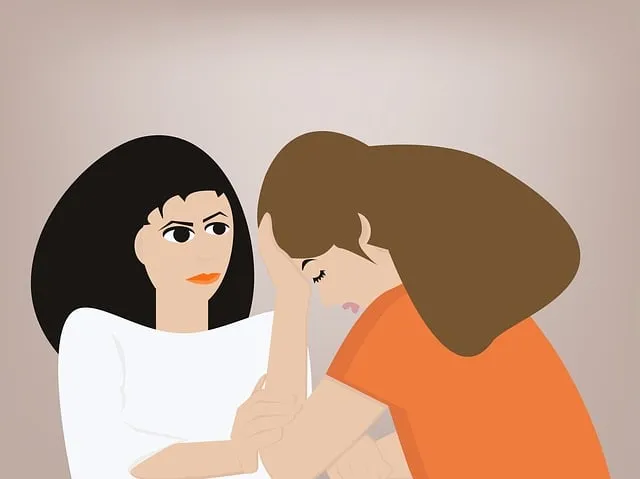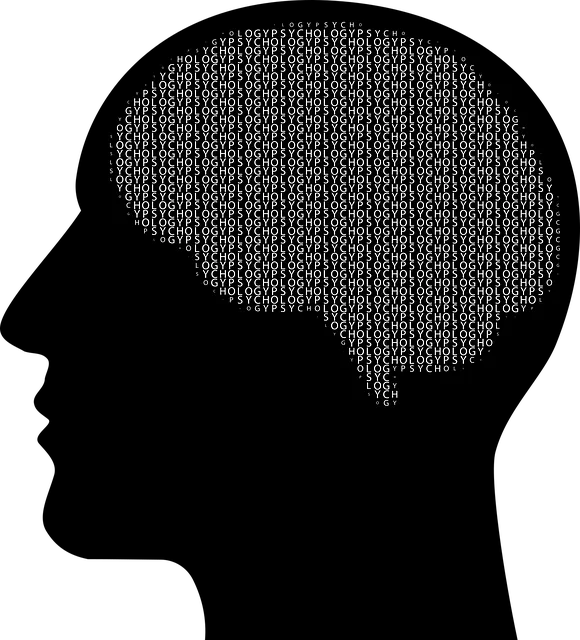Risk assessment is a cornerstone of Kaiser's approach to mental health harm minimization, emphasizing proactive identification and mitigation of risks through tools like Crisis Intervention Guidance. The "Golden how to get mental health help Kaiser" involves structured evaluations integrating history, context, and triggers to guide personalized interventions focusing on coping skills development and self-awareness exercises. This comprehensive network offers tailored guidance, referrals, and diverse resources for enhanced mental wellness.
“Risk assessment and harm minimization planning are vital components of mental health care, ensuring a proactive approach to well-being. This article guides you through essential aspects of these processes, offering valuable insights into effective strategies.
We begin by ‘Understanding Risk Assessment in Mental Health,’ exploring its significance. Then, we present Kaiser’s innovative ‘Approach to Harm Minimization Planning,’ providing a practical framework.
For those seeking guidance, our ‘Golden Roadmap for Well-being’ section offers simple steps to access mental health help, mirroring Kaiser’s efficient and supportive services.”
- Understanding Risk Assessment in Mental Health
- Kaiser's Approach to Harm Minimization Planning
- Getting Help: A Golden Roadmap for Well-being
Understanding Risk Assessment in Mental Health

Understanding Risk Assessment in Mental Health is a crucial step in ensuring effective harm minimization planning. According to Kaiser, mental health help-seeking behaviors are increasingly recognized as vital for overall well-being. The Golden How to Get Mental Health Help involves a systematic process known as risk assessment, which serves as the foundation for tailored interventions and support strategies. This comprehensive evaluation considers various factors, such as the individual’s history, current circumstances, and potential triggers, to predict and mitigate risks of harm or relapse.
Mental Wellness Coaching Programs Development often incorporates risk assessment tools to foster Inner Strength Development and equip individuals with Conflict Resolution Techniques. By proactively identifying risks, mental health professionals can guide clients towards adopting healthier coping mechanisms and building resilience. This proactive approach not only enhances the effectiveness of support but also empowers individuals to navigate challenges more effectively, ultimately contributing to improved mental wellness.
Kaiser's Approach to Harm Minimization Planning
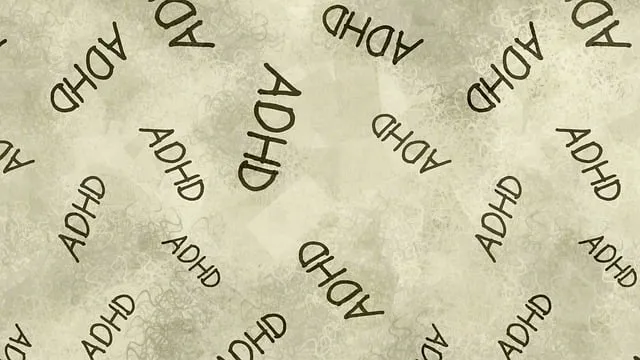
Kaiser’s Approach to Harm Minimization Planning emphasizes a comprehensive strategy to address potential risks and promote mental well-being. This method involves several key steps, starting with identifying high-risk individuals or situations through regular screening and assessment. By recognizing early warning signs, such as sudden changes in behavior or thoughts of self-harm, healthcare providers can offer timely intervention. One effective tool within this framework is the Crisis Intervention Guidance, which provides structured support during critical moments.
The plan further focuses on Coping Skills Development, equipping individuals with the resources to navigate challenging situations. This includes Self-Awareness Exercises designed to foster a deeper understanding of one’s emotions and triggers. By empowering people with these skills, Kaiser aims to prevent harm and promote long-term mental health. The approach encourages proactive measures, ensuring that those in need of Golden how to get mental health help have accessible resources for managing and overcoming crises effectively.
Getting Help: A Golden Roadmap for Well-being
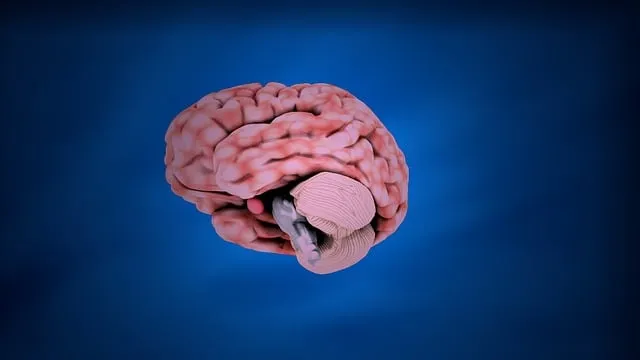
Seeking help is a pivotal step towards navigating life’s challenges and cultivating well-being. For those considering how to get mental health help, particularly in the context of Kaiser healthcare services, there exists a comprehensive network designed to support individuals on their journey to healing and resilience. The first step often involves reaching out to your primary care physician or a trusted healthcare provider. They can offer guidance tailored to your specific needs, whether it’s referring you to a specialist, like a psychiatrist or psychologist, or suggesting suitable stress reduction methods and mindfulness meditation practices.
Kaiser, known for its comprehensive healthcare services, provides access to professional support through various channels. This includes individual therapy sessions, group counseling, and even cultural competency training for healthcare providers, ensuring that care is sensitive to diverse backgrounds. By availing yourself of these resources, you’re not only taking a proactive step towards managing your mental health but also empowering yourself with the tools needed to cultivate a robust sense of well-being.
Risk assessment and harm minimization planning are vital components of navigating mental health challenges. By understanding these strategies, individuals can proactively manage their well-being. Kaiser’s approach emphasizes a structured yet flexible framework, offering a “golden roadmap” for seeking assistance. This article has provided a comprehensive guide, from grasping the fundamentals of risk assessment to exploring Kaiser’s innovative harm minimization techniques. Remember that, when it comes to mental health, knowing how to get help is just as important as recognizing the signs. For a brighter future, follow these steps and embrace the support available, ensuring a journey towards healing and resilience.
